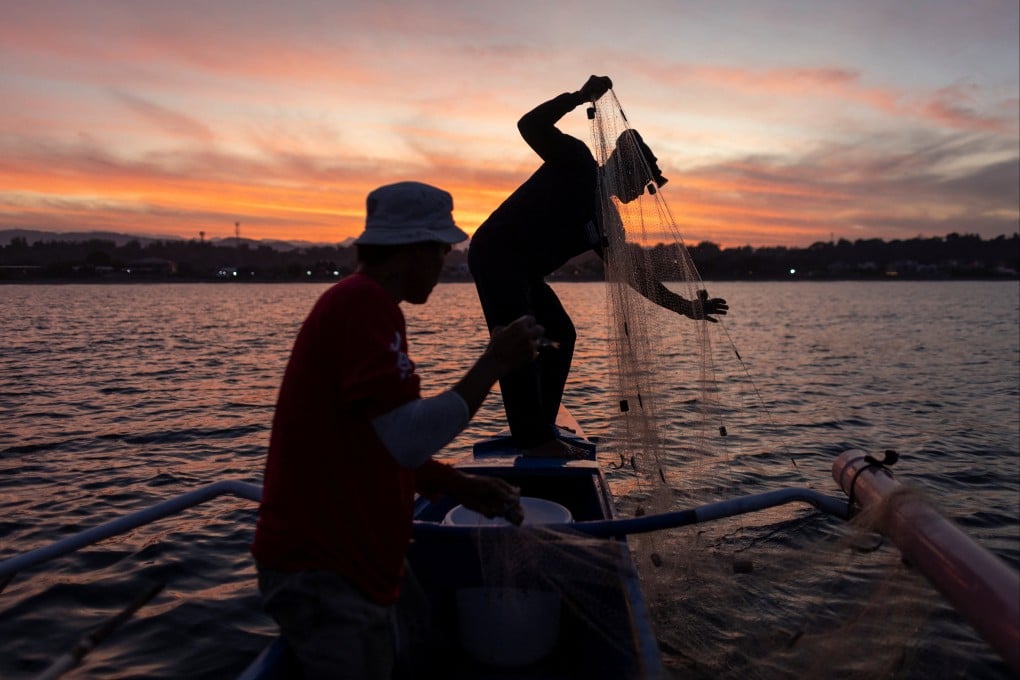Opinion | Climate change: Selfish humans are the biggest threat to their own existence
- When individuals, communities, companies and states want to deal with climate change, they first have to recognise their shared fate and interdependence. Diversity is, after all, what makes life possible

Unfortunately, carbon markets are still nascent in most countries and are so fragmented that their impact is limited. People don’t trade carbon if they don’t understand it.
Dealing with climate change is complex. It is tough because everyone is connected or interdependent in this world. This leads to collective action problems. People find it difficult to work together because of different values, objectives and circumstances. Each expects the other to act, whereas if everyone does not cooperate, nothing will change.
When the corporate world adopts environment, society and governance (ESG) standards to improve corporate social responsibility, it forgets that all three are linked together. Fundamentally, poor human governance is the evil that creates environmental destruction and social injustice.
